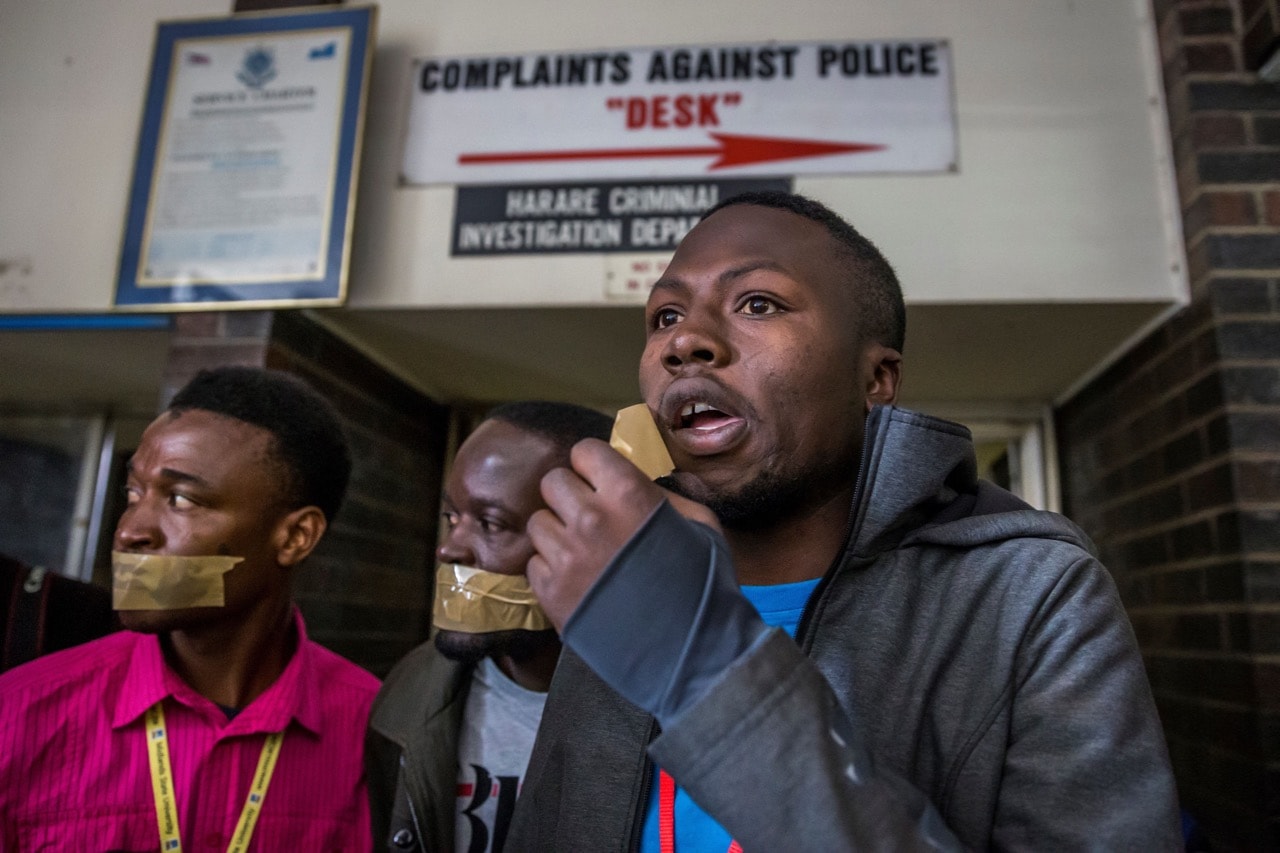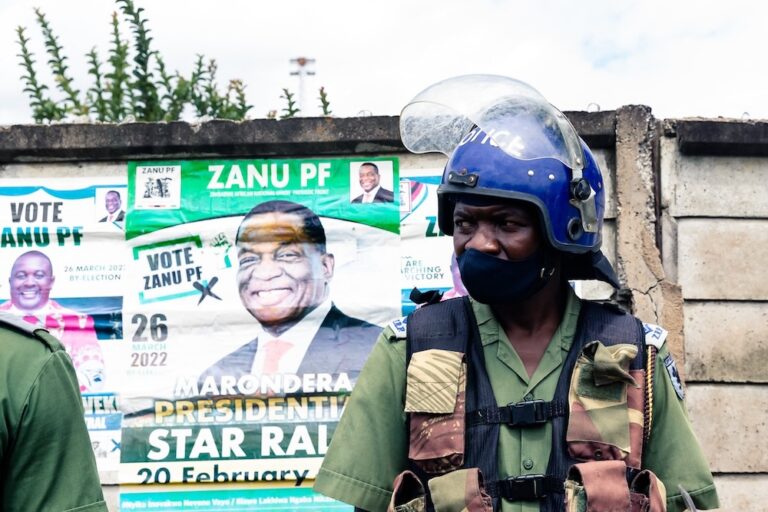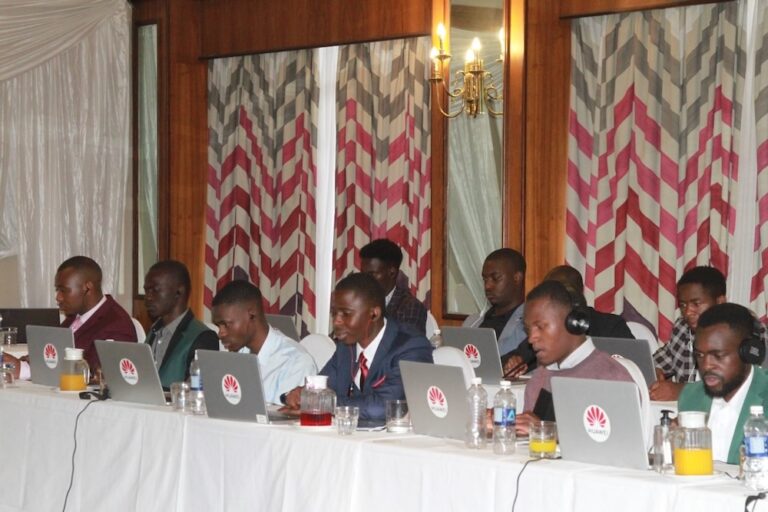Media practitioners in Zimbabwe can use MISA-Zimbabwe's JournoSOS app to send records of violations such as assault, censorship, detention, expulsion and threats – whenever they occur.
This statement was originally published on zimbabwe.misa.org on 13 April 2018.
MISA Zimbabwe on 13 April 2018 launched its JournoSOS App, a mobile application aimed at enhancing the media freedom lobby organisation’s work in promoting the safety of journalists and media practitioners.
The application, which was launched at a breakfast meeting in Harare, is currently available for devices running on the Android platform.
The event was graced by Police National Spokesperson, Senior Assistant Commissioner Charity Charamba and Honourable MP James Maridadi who sits on the Parliamentary Portfolio Committee for Media, Information and Communication Technology and Cybersecurity.
The application is aimed at facilitating the accurate and informed collection of data on various violations experienced by media practitioners in the country. Media practitioners can use the facility by sending records of violations such as assault, censorship, detention, expulsion and threats, whenever they occur.
This application also comes with a Call Me Back feature, which media practitioners can dial when the media violation is of a nature not covered by either of the pre-listed violations.
The Call Me Back feature is linked to MISA Zimbabwe’s hotline number: 078 443 7338. These facilities fall under MISA Zimbabwe’s Media Defence Fund which is there to foster and promote a safe working space for journalists in Zimbabwe.
Once a media practitioner in distress sends a notification of a specific violation, MISA Zimbabwe will follow this up to verify whether it is a legitimate report or a false alarm. It is important to note that a number of media practitioners working in Zimbabwe are not registered with MISA Zimbabwe or any other professional body.
It was therefore, necessary for MISA to open registration for use of the application to people who are not on its membership list. The verification process is essential to ensure that the facility is not abused or spammed with illegitimate reports on media violations.
This is the first phase of a two-phase project which will culminate in the production and release of a Panic Button App, which is more convenient in times of danger.
Meanwhile, Senior Assistant Commissioner Charity Charamba, said the police are also being trained on how to interact with media practitioners, especially as we head into the 2018 elections. These initiatives were aimed at improving relations between the two parties, which she likened to that of “fish and water”.
Honorable Maridadi, who officially launched the application, urged the media to be ethical and fair in their reportage especially where it pertains to stories that have the potential of damaging one’s esteem and dignity.
MISA Zimbabwe Vice Chairperson, Rutendo Mawere, said professional interactions with the police were beginning to yield the desired fruits.
“Allow me to extend our great appreciation to Senior Assistant Commissioner Charity Charamba and indeed, the Zimbabwe Republic Police, for their support and co-operation as we work towards securing a safe environment for journalists and media practitioners,” said Mawere.
She said the interactions which followed meetings held with the police in September 2016 and December 2017, had seen the decline in the number of cases involving the assault of journalists while on duty.
Mawere urged the media to be professional at all times, saying this responsibility was even more critical during election time.
“On the other hand, the government should prioritise the implementation of envisaged media reforms ahead of the 2018 elections. This is critical in underpinning the right to media freedom, freedom of expression and the citizens’ right to make informed decisions and choices during the forthcoming elections,” she said.

MISA-Zimbabwe



